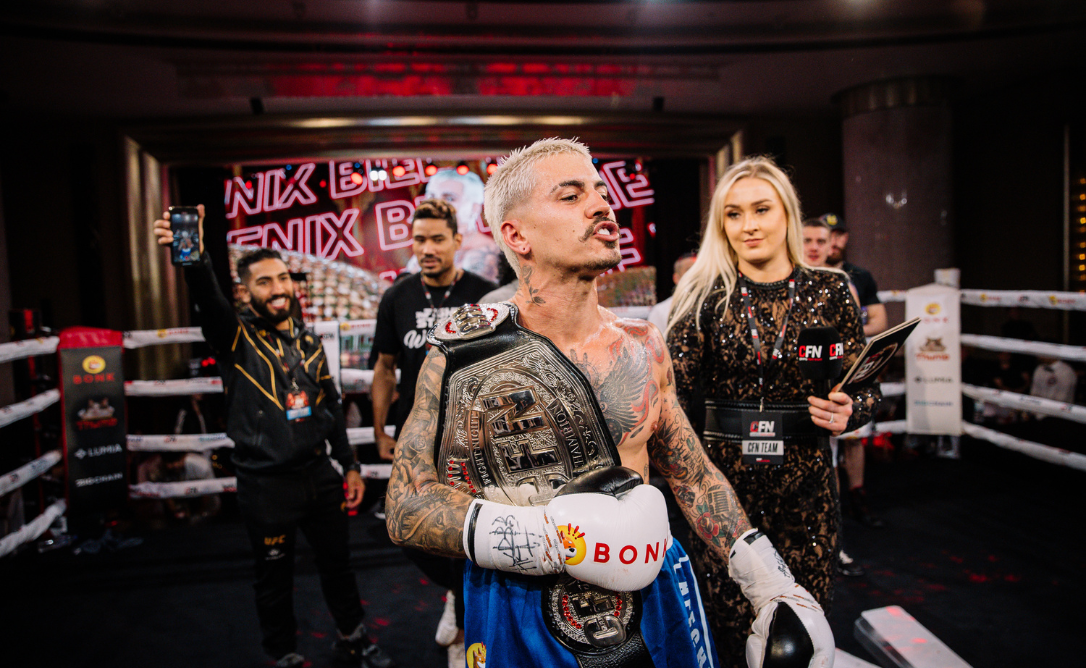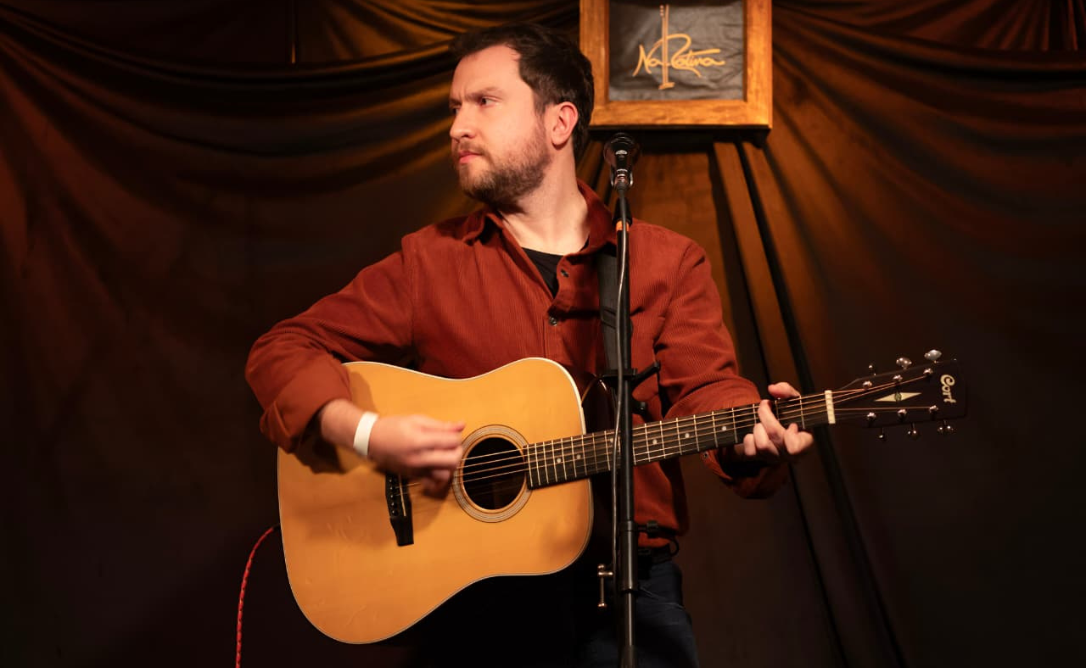After nearly a decade of ups and downs, Biel revisits his journey with a mature and conscious perspective on the music industry and the transformations he has experienced since emerging as one of the leading names in funk melody. From teen sensation to independent artist, the singer talks about the lessons learned from early fame, the changes in the recording industry, and his desire to inspire new talents to understand the “game” before entering it.
In an interview, Biel recalls his transition to pop, the impact of decisions made early in his career, and the process of rebuilding after the most difficult period of his professional life. “I chose freedom, even if it cost me time and visibility. Today, I understand that artists need to be masters of their own story,” he states. Focused on new projects and the career of his wife, Thaís, the singer promises a new phase marked by purpose, authenticity, and creative autonomy.
You started out in funk melody and today you have a more pop-oriented identity. What motivated this transition—and what else has changed in the way you view your own music?
This was a transition we had to make at the record label, because at that time, funk was becoming pop funk. Funk itself—drumbeats and vocals—was not being well received. Record labels needed to justify the costs of audiovisuals, and even at shows, it was difficult: how could they charge 100,000 for a show where the artist arrived with a DJ and a beat on top of drums?
It was a period when funk needed to become more professional to gain traction. Pop music wanted to consume funk, but funk needed to become pop. Biel was one of the precursors of this shift, along with Naldo, Anitta, and Valesca Popozuda. We made this transition from tamborzão to pop, and it was a new experience for everyone; no one really knew how to do it. The record company was experimenting with this with me, with my career.
But funk music was saddened. When I dropped the “MC” from my name, people thought I was turning my back on the movement, and the record label didn’t take the necessary care with that. Even so, the change broadened my horizons—I managed to get music into soap operas, and perhaps, if it had only been funk, I wouldn’t have been able to do that.
Back then, in 2015 and 2016, funk music still needed to gain prestige, respect, and credibility. Many artists made that transition. I accepted because I believed the record label knew what it was doing, and I trusted them.
But they lacked consideration for my origins. They simply removed the “MC” from the name and even had me say that funk music limited me. How could I say that funk music limits an artist? The movement is much bigger than the artist.
So, yes, it was a narrative error, but it ended up broadening my horizons. I reached places I might not have reached without this drastic change.
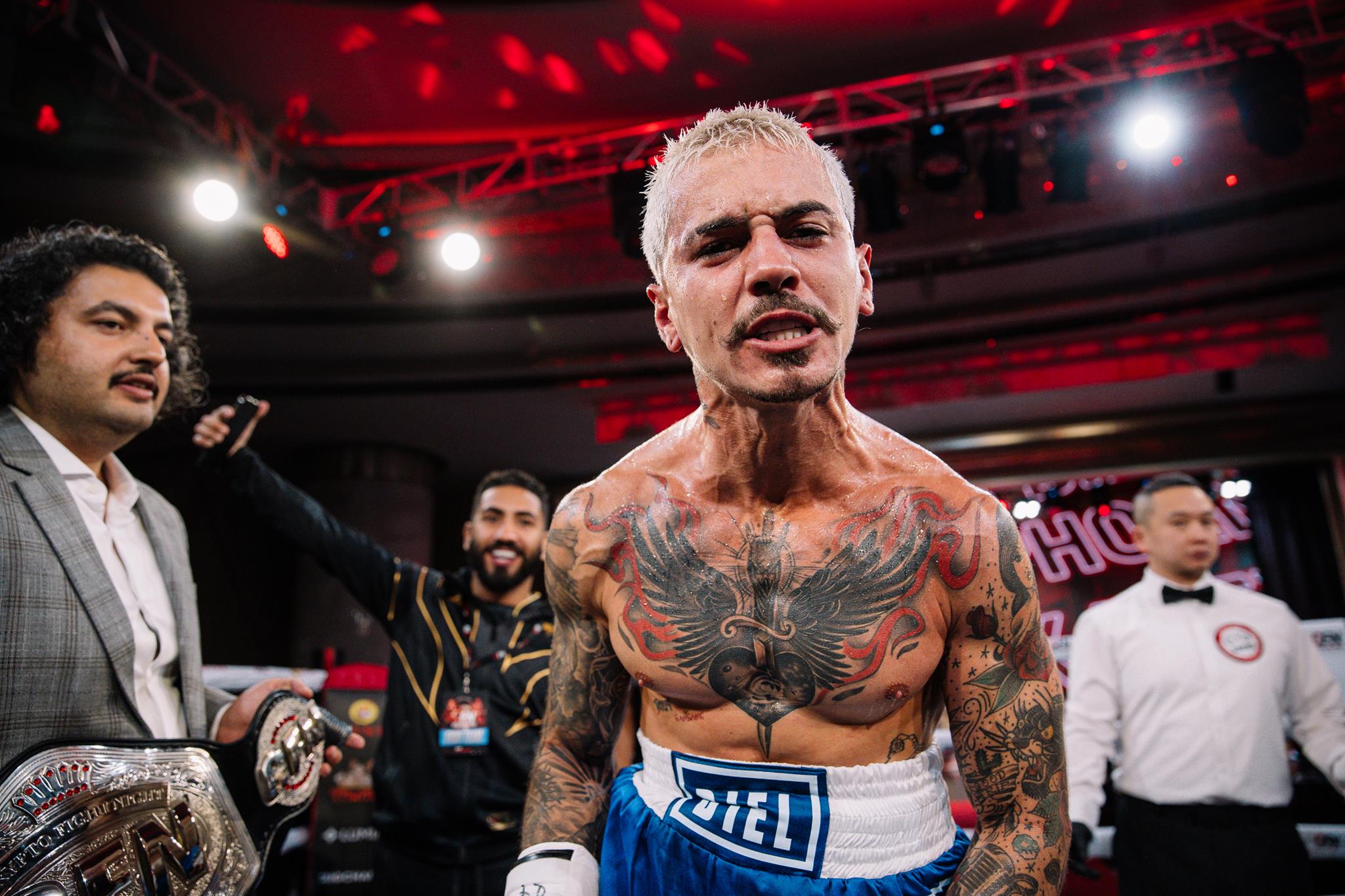
In 2015, you signed with Warner Bros. and quickly rose to the top of the charts. What was it like experiencing this explosion of success so young and dealing with the expectations that came with it?
Well… you live a dream when you sign with a record label, but along with the dream come expectations — from managers, partners, radio stations, and even people who helped you get there. Everyone starts demanding more. It’s complicated, dealing with success is very complicated.
My family, for example, didn’t know how to handle it. I thought I needed to distance myself from them because I felt they were hindering me, but in reality, they just wanted to protect me. They wanted to preserve the values and interests of their son who, at 17 or 18 years old, was signing with a multinational company.
Back then, many people thought that signing with a record label solved their problems—and left everything in their hands. Managers, partners, nobody said anything. The record label was in charge. Today, it’s not like that anymore.
I really want to reach that level of visibility again, but with a different awareness. Because the market has changed. Today, success depends on organic growth, content creation, authenticity—and record labels haven’t changed their narrative.
That’s why they’re losing artists to independent labels. Today we see the rise of labels like Believe, The Orchard, and OneRPM—companies that support artists in owning their own careers. Traditional record labels have stood still.

Time passes, and the audience grows with the artist. What would the Biel of today say to the MC Biel of the beginning of his career?
Music helped me get there, but it could have been soccer or dance. I tried everything, and what flowed was music. But I never liked to limit myself to it. I’ve always been a content creator. Even before my music became popular, I was already feeding YouTube, doing challenges, vlogging—I was practically a YouTuber.
When success came, it all happened very quickly. I had to learn how to deal with partners, record labels, contracts…
But the truth is, I never wanted to be just a singer. I’m the son of a radio host, the son of a DJ, and my father always had that versatility. He never limited himself to just one profession. So why should I limit myself?
I learned that I can be anything — as long as I dedicate myself, sleep late, wake up early, and make it happen.
Today, music has brought me notoriety, but what I came to do in the world is bigger than that. My purpose is to transform, to make new artists and entrepreneurs understand the game before they start playing. Because if you enter without understanding, you will end up being manipulated.
Learn to read contracts, understand income streams, and gain autonomy over your business. Because, at the end of the day, an artist needs to be their own main advocate. I am Biel, but I am also Gabriel—and Gabriel needs to defend Biel.
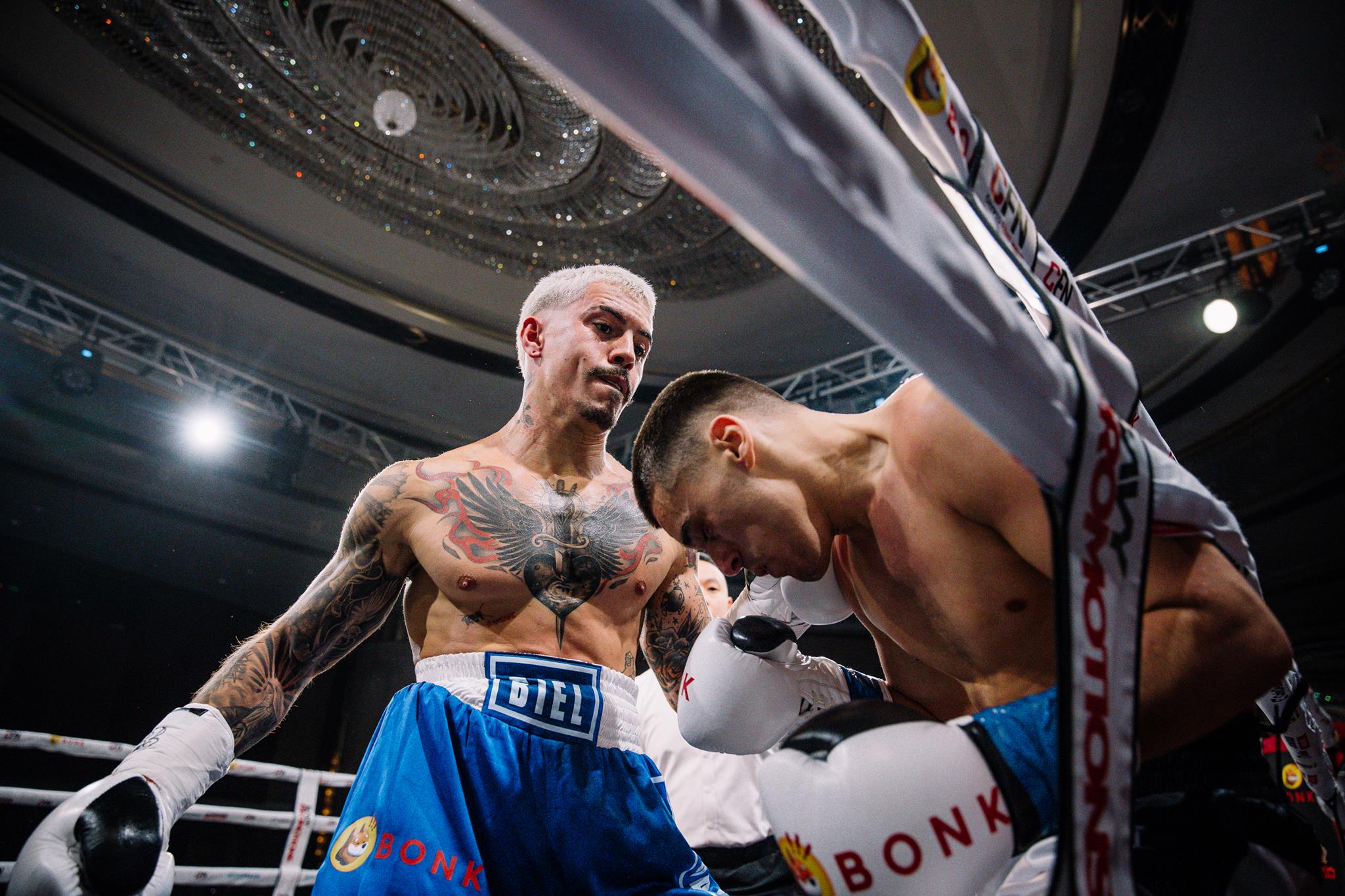
Brazilian funk has evolved, blended with pop, and conquered the world. How would you define your style today within this context? Do you still see yourself as part of the funk movement?
I’m an artist who comes from the countryside, not the big city. And, for me, if it weren’t for the internet, none of this would have happened.
My city only has 80,000 inhabitants. I received my first iPhone as a gift from an aunt who lived in the United States, and by the age of 14 I was already creating accounts on everything: YouTube, Orkut, Facebook, Instagram… I started early, building my audience.
Today, this is the basic thing every artist needs to do: build and nurture their fanbase. Because success doesn’t come with every release—and what sustains you between hits is your loyal audience.
That’s how I carved out my niche in funk. But at the same time, I was never fully embraced by the movement, perhaps because I’m from the countryside, because I didn’t grow up with the people from Rio and São Paulo. So, when the record company wanted to bring me into pop, it was actually quite easy—there wasn’t much resistance.
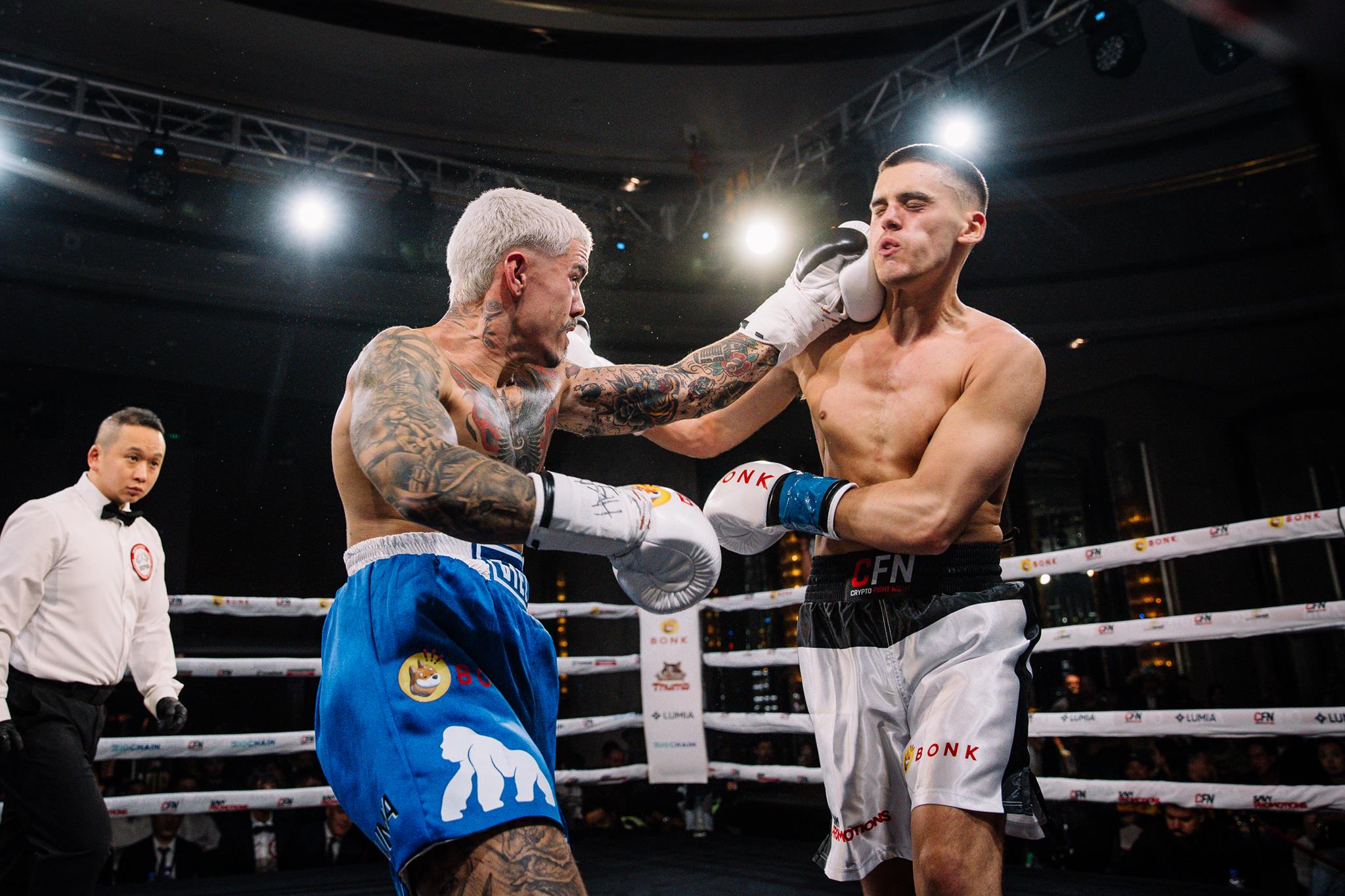
Every artist goes through ups and downs. What kept you going, keeping faith in your work even when the spotlight shifted?
The spotlight didn’t shift by choice. After everything that happened in 2016, with that incident with the reporter—which to this day, many people don’t even know for sure—I was left speechless.
The record label said anything could be used against me, so I kept quiet. But the silence turned into consent. I had no space to defend myself, no voice to explain. Even with songs reaching number one on the radio, like “Ninguém Segura Ela” (Nobody Can Stop Her), I felt suffocated. There came a point where I had to choose: remain trapped in a contract that took away 90% of my digital output and still owed me four albums, or achieve my freedom. I chose freedom.
I went to the United States and stayed there for almost four years. If I had to stay for ten, I would have. I fought with the record company to get out of my contract, and only managed to do so after a long time. Meanwhile, my fans kept me going—loyal, defending me even without all the facts. They knew my truth. It was a difficult but necessary time. And I don’t regret it.
You were born in the digital age and grew up alongside social media. How do you see the role of the internet in your career—and what have you learned about exposure and authenticity over these years?
Authenticity is everything for content creators. If you copy an idea, a video, or a song, it might go viral, but the success isn’t yours. It’s borrowed.
Being authentic is what makes you last when the wave passes. It’s what maintains the respect of people and brands. And it was precisely my authenticity that kept me going.
If it had been the CD era, maybe I wouldn’t have survived that cancellation. But in the digital age, I was able to take my audience with me—literally on my cell phone, on Instagram, on Twitter. On the other hand, if it had been back in the old days, maybe the media wouldn’t have been able to destroy me as they tried to. People don’t understand how much self-interest and corporate bias is behind certain decisions. In the end, for many record labels, the artist is just a number.
What can we expect from Biel in the future? Are there new collaborations, sounds, or projects that mark a new phase in his career?
This year I’m kind of on a sabbatical in terms of releases. After “A Fazenda” (The Farm), I released quite a lot, even making it into the Spotify top 200, but today the competition is unfair. Production companies put truckloads of money into paid traffic, marketing, visuals… and if you don’t want to give up your artistic freedom, you end up having to do everything yourself.
Today, those who manage to have their own label are those who are already successful, those who perform live. I’ve been off the stage since 2017, so it’s more difficult. But I haven’t stopped. I’m focused on Thaís’ career, which is going through an incredible moment. She found herself in rock, she’s matured a lot.
And I’m here, passing on to her everything I’ve learned, because this knowledge is rare—those who have it usually don’t share it. But I want to share it. I want to open people’s eyes, illuminate paths. I’m sure this will evolve into me having my own record label, managing artists, strategies, and careers. That’s my purpose. But Biel will never die. I continue creating content, with contracts, high engagement, taking care of my image, and preparing to return.
After so many years on the road, what is the main message you want to convey today through your music and your story?
My songs have always been cheerful, upbeat, party-oriented, and about hooking up. But that also put me in a spotlight of egocentrism. For an 18-year-old boy, living through all that, it was a lot. I was harassed all the time, sold-out shows, fans grabbing, scratching, biting, tearing things off… and the record label encouraged this persona.
But when the controversy arose, that same rhetoric backfired. The record label, which chose my songs and controlled everything, left me alone. In the interview with the reporter, it was a mistake—mine, yes, but not mine alone. I was 18, unprepared, and reacted with a bruised ego. The record label didn’t defend me, didn’t let me speak, and they cut my video, taking it out of context. Unable to explain myself, I became the villain. But, thank God, I didn’t lose myself. I didn’t turn to drugs, I didn’t destroy myself. I left, I started over, I matured. Today I’m standing tall, stronger than ever.
Perhaps many people don’t recognize what I did for funk music or for the artists I launched, but I hold no grudges. I’m grateful. I’ve returned in my best version, with more focus, faith, and purpose than ever before. And I continue to believe: if God puts a dream in your heart, it’s because you are capable of achieving it.
Follow Biel on Instagram
Born in Brazil, Luca Moreira holds a degree in journalism and a postgraduate degree in communication and marketing for digital media. He has distinguished himself through his impressive career as an interviewer. By November 2025, he had conducted over 2,000 interviews with personalities from 28 different nationalities. He is currently the CEO of the MCOM Global group and editor-in-chief of PopSize.


